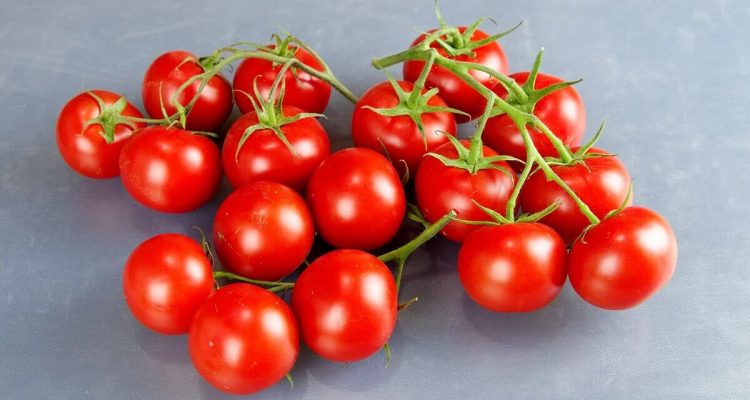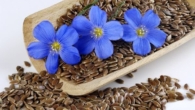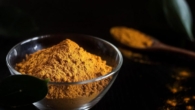
Named a popular product that reduces the risk of stroke by 59%
0
Stroke is dangerous for life, but fortunately in most cases it can be avoided. As scientists have proven, a diet rich in vegetables and fruits helps reduce the risk of this pathology. One simple product is particularly effective because of its high lycopene content.
According to the classification of the National Health Service, a stroke is a “severe life-threatening condition” in which the blood supply to the brain is interrupted. The first symptoms of a stroke are slurred speech and a distorted face. Fortunately, in the vast majority of cases, a stroke can be avoided, but when it has already happened, emergency medical care is essential for survival. One product rich in the antioxidant lycopene reduces the risk of stroke by half.
There are two types of stroke: hemorrhagic and, more common, ischemic.
An ischemic stroke occurs as a result of a blood clot getting stuck in one of the blood vessels in the brain. Sometimes, however, the cholesterol plaque breaks off and forms a blood clot.
A hemorrhagic stroke, in turn, is caused by damage to blood vessels, leading to bleeding in the brain.
Fortunately, one study found that that thanks to the high content of lycopene, tomatoes can prevent this pathology.
The work published in the Journal of the American Academy of Neurology showed that a diet rich in tomatoes can significantly reduce the risk of stroke.
“The study supports evidence that a diet rich in fruit is associated with a lower risk of stroke,” says author Jouni Karppi from the University of Eastern Finland in Kuopio.
The results support the recommendation that eat more than five servings of fruits and vegetables a day. According to previous studies, this will reduce the number of strokes worldwide.”
More than a thousand Finnish men between the ages of 46 and 65 took part in the study.
All volunteers had their lycopene levels measured before the start of the experiment, and they were followed for 12 years.
During this period 67 volunteers had a stroke.
Evaluating the lycopene levels in the study participants, the scientists found that 25 of the 258 men with the lowest levels of this substance in the blood had a stroke.
Among the 259 volunteers with the highest with the level of lycopene, a stroke was registered only in 11.
If you look at only those strokes that were caused by blood clots, the results change significantly.
Those volunteers who had higher levels of lycopene had a 59% lower risk of stroke compared to those who did not have enough of this substance. .
“In the course of a prospective study, we found that a high concentration of lycopene in the serum – evidence of frequent consumption of tomatoes and products based on them – reduces the risk of stroke in men,” concluded the scientists.
Volunteers' blood samples were also examined for the content of antioxidants such as alpha-carotene, beta-carotene, alpha-tocopherol and retinol.
However, the researchers did not find a link between these compounds and the risk of stroke.
Lycopene is a powerful antioxidant that helps maintain blood pressure and lower the level of dangerous LDL cholesterol. And these are two risk factors for the development of a stroke.
In addition, researchers have found that lycopene can prevent the production of reactive oxygen species, inflammation and aggregation of platelets, and this reduces the risk of blood clots.









Leave a Reply